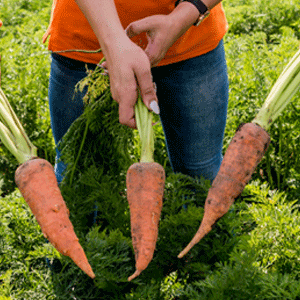
The Sri Lankan market for FMCG is marked by high growth rate, high levels of competition and great customer base. As a result of population growth, increasing concentration of the population in urban areas, growth of per capita income and changes in the consumption pattern, there is ever increasing demand for quality and new products.
However, there are also threats in the market, such as changes in the economic situation, shifts in legislation, and the transition to a sustainable business model. This is why it is now challenging and requires the companies to make changes and innovations to achieve and to meet the consumers’ increasing demands.
CBL Group is one of the major players in Sri Lanka’s FMCG industry which was initially set up to provide service to the community and nutritional requirement. The journey started in 1968 with the launch of CARE biscuit which was targeted at augmenting the nutrition of school going children in Sri Lanka. It has since evolved from this simple undertaking to a more extended conglomerate in the food industry.
The group’s objective is to provide quality food products to the consumers. Through strict quality and safety considerations, the company makes sure that all the products produced meet the appropriate standards of safety, taste, and quality. These commitments have enabled CBL to achieve various certifications and standards both nationally and internationally.
Strategic Supplier Partnerships
One of the biggest strengths that underpin CBL Group’s performance is its excellent supply chain links with material and service providers. With regards to quality and sustainability, the company remains steadfast in its choice of suppliers and manufacturers, only partnering with organizations that uphold the same standards as it does. Manufacturers are urged to develop and add up to international requirements such as ISO, GMP, HACCP, BRC, & FDA hence producing high quality and safe foods.
Supplier relations are a critical factor in CBL’s operations, as the company supports both environmental sustainability and the growth of communities. The company assesses how it can enhance the suppliers’ performance in terms of environmental sustainability and social responsibility aiming at improving the supply chain for the benefit of the consumers, employees and the planet.
Sourcing Strategy
Through its adherence to the principles of quality, sustainability, transparency, and consistency, CBL lays the foundation for a supplier relationship that is not only ethical but also balanced. The company targets working with suppliers and other businesses that have demonstrated high standards of business ethics, the environment, and communication.
One of the biggest strengths that underpin CBL Group’s performance is its excellent supply chain links with material & service providers
CBL has embraced sustainability as a corporate strategy whenever it is supporting its suppliers in the provision of quality goods and services while expanding in a sustainable manner. This ranges from environmental conservation to the promotion of good corporate governance to enhance sustainable development and value addition from the upstream to downstream activities.
Supermarket Retail Convenience
One of the major achievements of CBL Group is that it has entered into affiliation with SPAR Sri Lanka. SPAR, one of the largest voluntary groups of food stores in the world, is based on joint cooperation between wholesalers and sellers. After SPAR’s establishment in 1932, the company has grown to over 13,100 stores located in 49 countries, which are founded on principles such as product freshness, choices, quality, and service. This partnership seeks to improve the level of convenience for the retailers and offer the consumers with quality products thus acting as a win-win situation for the society.
We use cookies to ensure you get the best experience on our website. Read more...